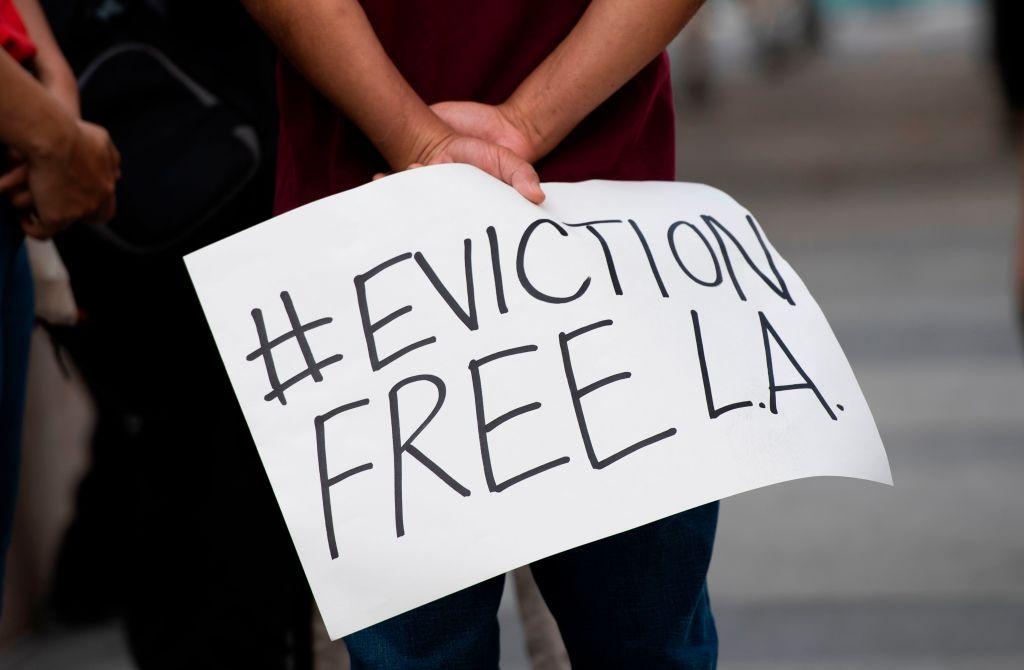Continuing efforts to protect renters, the Los Angeles County Board of Supervisors is working to extend a program providing free legal representation to eligible low-income tenants facing eviction.
The program proposal, which will return to the board next month for a final vote, will take effect Jan. 1 and expand the existing Stay Housed L.A. program—a partnership between the county, city of Los Angeles and other community organizations to provide tenants with eviction defense.





